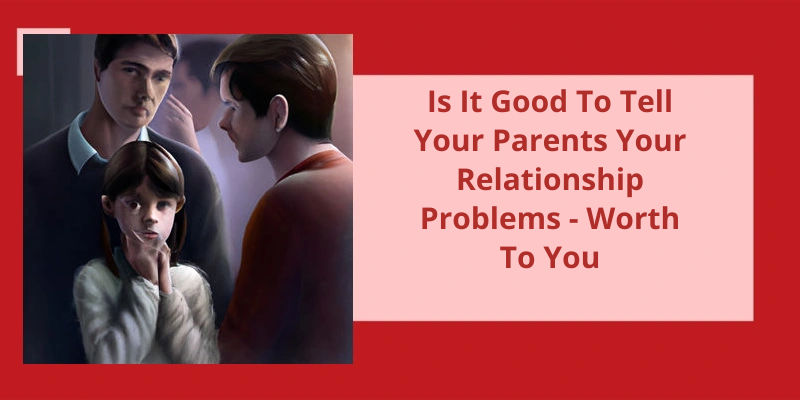As a society, we often place a great deal of emphasis on the importance of friendships. From an early age, we’re encouraged to form connections with others, to seek out those who share our interests and perspectives, and to create bonds that can last a lifetime. But for some women, the act of forging meaningful friendships with men can prove elusive. Whether due to personal preferences, social stigmas, or simply an inability to connect with members of the opposite sex, these women may find themselves navigating a world without any close male friendships. While this may seem like a minor detail in the grand scheme of things, the lack of male companionship can have a profound impact on a woman’s life, shaping her worldview, her self-esteem, and even her career prospects. In this article, we will explore what it means to be a female with no male friends, delving into the unique challenges and benefits that come with this experience. Through personal anecdotes, expert advice, and careful analysis, we will shed light on this often-overlooked aspect of female socialization, helping readers to better understand and appreciate the complexities of the female experience.
What Is a Male Female Friendship Called?
These friendships can be more diverse than relationships between people of the same gender. Women and men often bring unique perspectives to conversations, which can help broaden each other’s understanding of the world. Men, in particular, can benefit from having female friends who challenge their views on gender roles and stereotypes.
While there’s often skepticism about the possibility of purely platonic friendships between men and women, research has shown that these relationships can be just as satisfying as same-gender friendships. However, it’s important to set clear boundaries and expectations for these relationships to avoid any misunderstandings or hurt feelings. These boundaries can include avoiding certain types of physical contact or discussing topics that may be too personal.
Having opposite-sex friends can help individuals better understand the perspectives of their partners, and can even help them become better communicators. However, it’s important for couples to communicate openly about any concerns they may have regarding opposite-sex friendships, so that both partners feel secure in their relationship.
In some cases, one person may develop feelings for the other, which can complicate the dynamic of the friendship. If this happens, it’s important for both parties to communicate honestly and openly about their feelings, and to respect each other’s boundaries.
These relationships can provide new perspectives and insights, even helping people to grow and learn in unexpected ways. While there may be challenges associated with these friendships, setting clear boundaries and communicating openly can help ensure that everyone involved feels comfortable and respected.
The Psychological Benefits of Male-Female Friendships
- Increased emotional support
- More diverse perspectives
- Enhanced communication skills
- Developing better social skills
- Expanded network of social support
- Decreased levels of anxiety and depression
- Improved self-esteem and confidence
- Greater empathy and understanding of others
- Enhanced ability to problem-solve
The topic of female friendships being more fragile than male friendships has been a long-standing discussion that’s sparked various viewpoints. While some argue that female friendships are more meaningful and intimate, others contend that they’re more prone to breaking apart due to conflicts and differences. Despite this ongoing debate, recent research suggests that male friendships may actually be less fragile than previously thought. Let’s delve deeper into this fascinating subject and explore the nuances that contribute to the dynamics of both male and female friendships.
Are Female Friendships More Fragile?
One of the main factors that contribute to female friendships being more fragile than male friendships is the emotional intimacy that’s often present in female friendships. Women tend to share their deepest thoughts and feelings with their female friends, which can create a strong bond but also makes the friendship more vulnerable. If there’s a falling out or disagreement, the emotional connection can be severed and the friendship may be difficult to repair.
Of course, every friendship is unique and there are countless factors that can affect it’s longevity and strength. It’s also important to recognize that gender is just one aspect of a persons identity, and that individual personalities and life experiences can have a significant impact on the nature of friendships.
Case Studies or Personal Experiences From Women Who Have Maintained Long-Lasting and Strong Friendships
This topic explores the insights and experiences of women who’ve enjoyed lasting and meaningful friendships. By sharing their personal stories and case studies, we can learn from real examples of how they’ve maintained and nurtured these relationships over time.
Conclusion
In conclusion, societal norms and gender stereotypes have led to the belief that female individuals must inherently have male friends. However, it’s important to recognize that this belief isn’t only untrue but also harmful in perpetuating patriarchal ideals. Female individuals have the right to form friendships with whoever they please, regardless of gender. The notion that female individuals can’t form healthy and fulfilling platonic relationships with members of the same sex isn’t only unfounded but also limiting. Ultimately, it’s crucial to challenge the existing gender norms and cultivate a more inclusive and accepting society where individuals are free to form friendships based on genuine connections rather than societal expectations.






